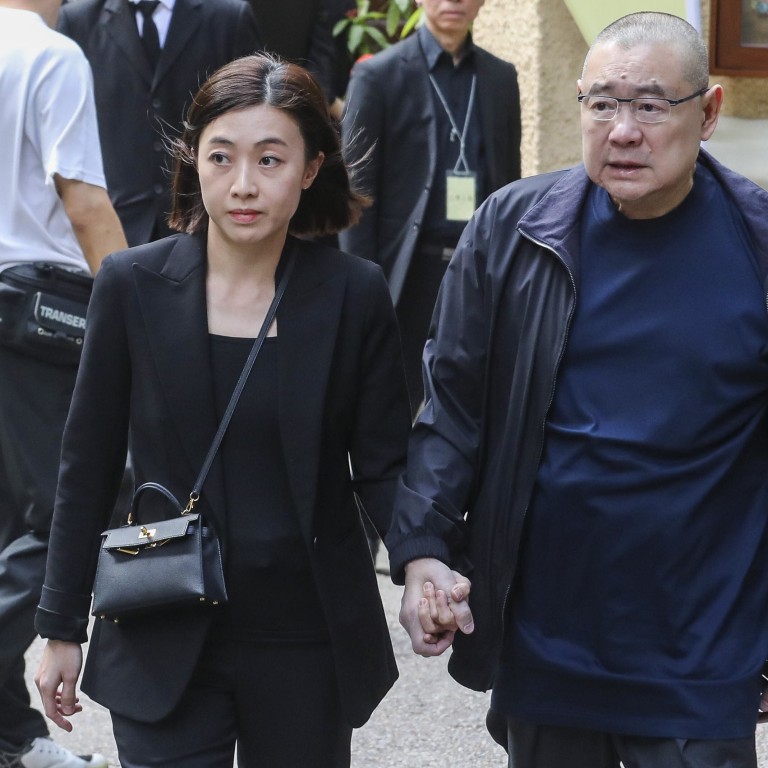
China debt: Evergrande’s magnate Hui Ka-yan and Chinese Estates’ founder Joseph Lau through the years
- Hong Kong’s property tycoon Joseph Lau Luen-hung is one of the closest business allies of the Chinese real estate magnate Hui Ka-yan
- Lau and his family-controlled Chinese Estate Holdings Limited was either a buyer, or the seller, of almost every major deal by China Evergrande Group since 2009
Here’s a timeline of the deals between the two tycoons, their families and their companies over the years:
November 2009:
Chinese Estates, then chaired by Lau, bought US$50 million of Evergrande’s shares in Hong Kong through a subsidiary called Sun Power Investments. That made Lau the sole cornerstone investor in Evergrande’s initial public offering (IPO), making up roughly 6 per cent of the HK$6.5 billion raised.
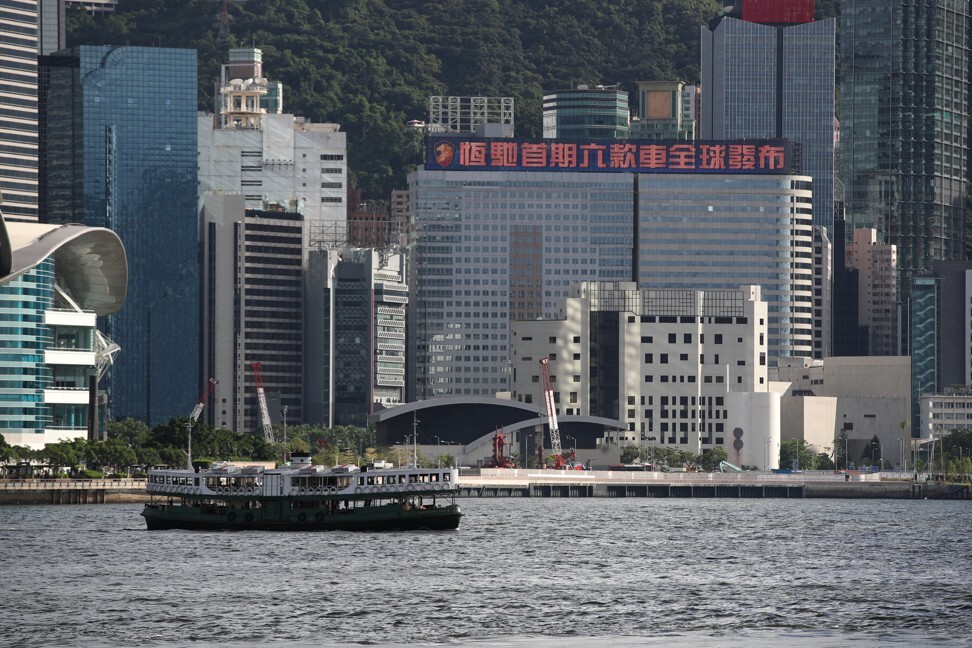
April 2010:
Evergrande issued US$600 million of notes with 13 per cent yield to Chinese Estates and Lau, US$250 million of which was sold directly to Lau, after a raft of market-cooling measures issued by the Chinese government’s State Council, which tightened liquidity and crimped sales prospects of Chinese developers.
Evergrande’s woes cause other Chinese developers to feel the squeeze
June 2011:
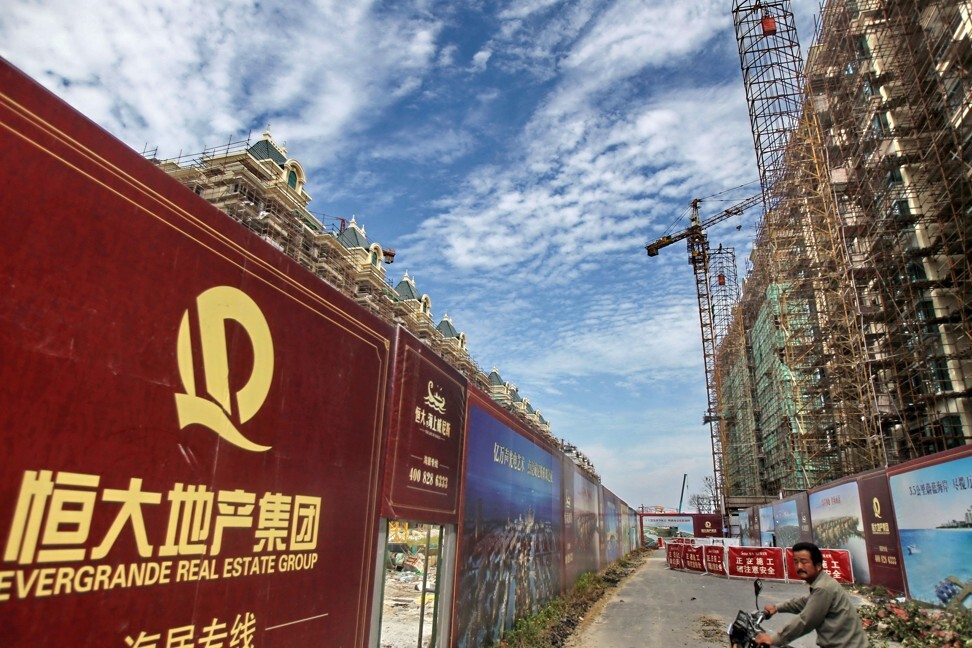
March 2014:
Evergrande is not China’s Lehman moment, but it spells trouble for growth
July 2015:
Chinese Estates sold three mixed development projects in the Sichuan provincial capital of Chengdu to Evergrande for HK$6.5 billion. In October 2015, Chinese Estates sold 25 per cent of its residential property in Chongqing to Evergrande for HK$1.75 billion.
The building was renamed the Evergrande Centre after the change in ownership, but Chinese Estates’ head office remains on the tower’s 26th floor.
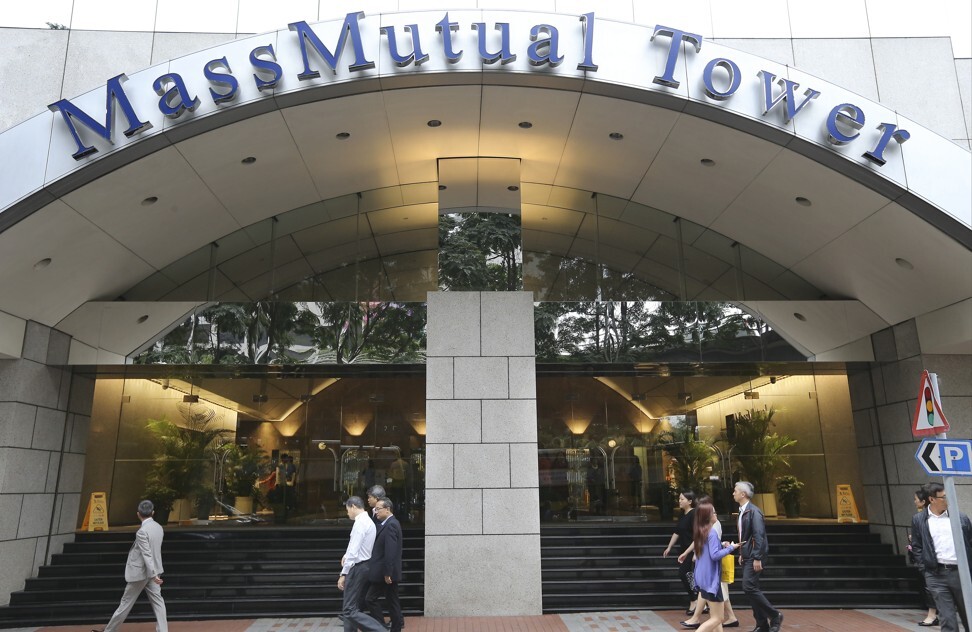
2016:
Evergrande spent HK$17 billion to build up a 27.2 per cent stake in Shengjing Bank in April 2016, based in northeastern China’s Liaoning province and publicly traded in Hong Kong, three months after receiving the Chinese bank regulator’s approval to establish a consumer finance arm.
The stake breached the Hong Kong stock exchange’s minimum free float for Shengjing, prompting Evergrande to trim its holdings a month later.
Even allies abandon world’s most indebted developer Evergrande
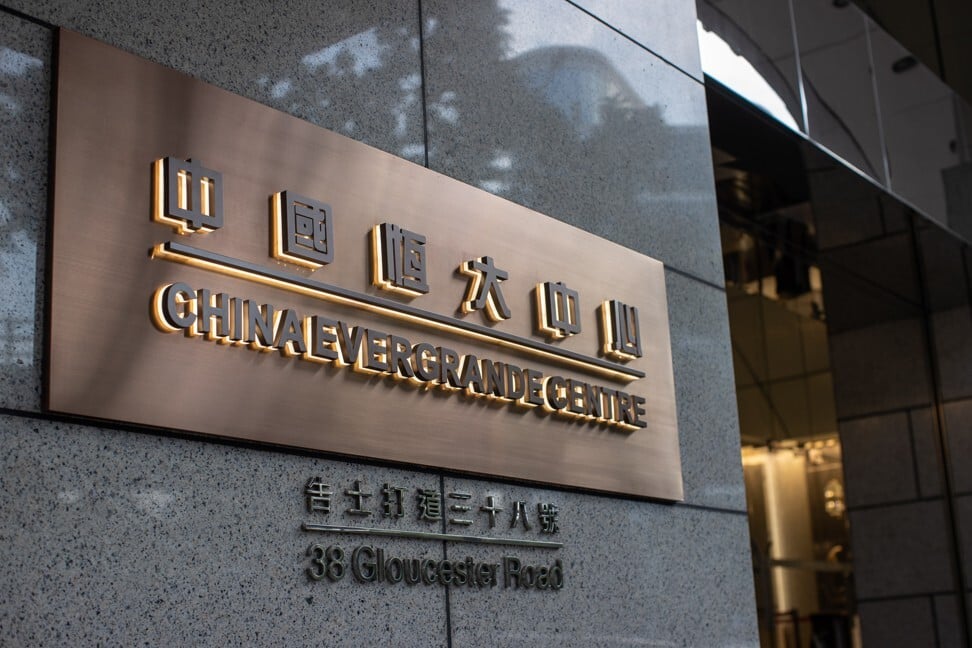
2017:
Chinese Estates topped up its holdings in Evergrande, buying 579.9 million shares for HK$6.9 billion between April and July in its first addition since the Chinese company’s 2009 listing.
2018:
From April 2017 until August 2018, Chinese Estates bought another 857.5 million shares of Evergrande for a total of HK$1.2 billion. Lau’s wife Chan also added her holdings, buying 315.8 million shares, giving her 9 per cent of Evergrande as of August 13, 2018.
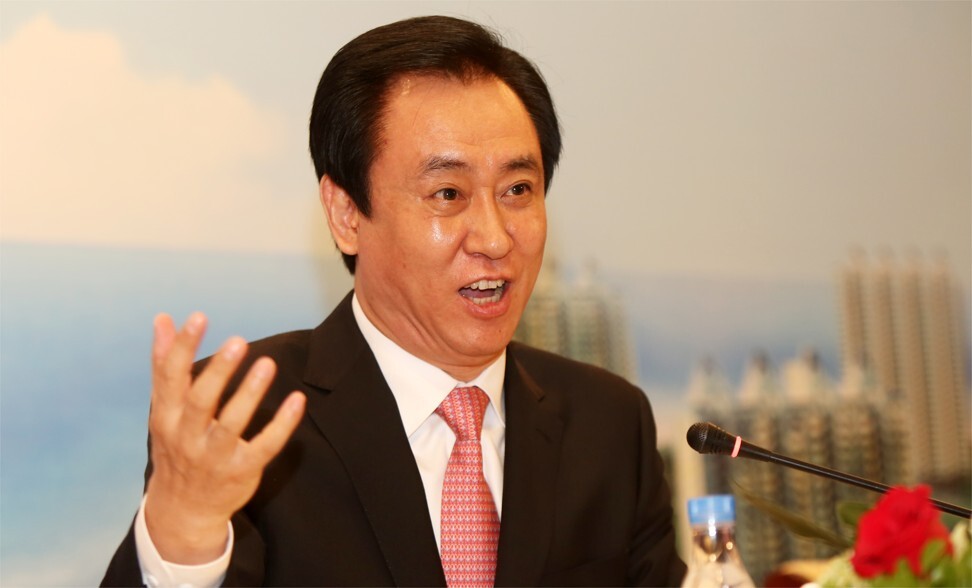
2019:
Lau started to buy Evergrande’s high-yield bonds, according to reports by local media. Chinese Estates’ holdings of Evergrande’s shares and five bonds totalled HK$20 billion, or 41 per cent of the Hong Kong company’s total assets, according to its 2019 annual report.
2020:
The 2020 revenue of Chinese Estates, which had not sold a single property since 2018, more than doubled from a year earlier to HK$3 billion, owing to HK$1.97 billion in dividend payments from its holdings of Evergrande’s shares.
It said that its securities investments in Evergrande including listed shares and six bonds amounted to HK$13.4 billion, or 36 per cent of total assets.
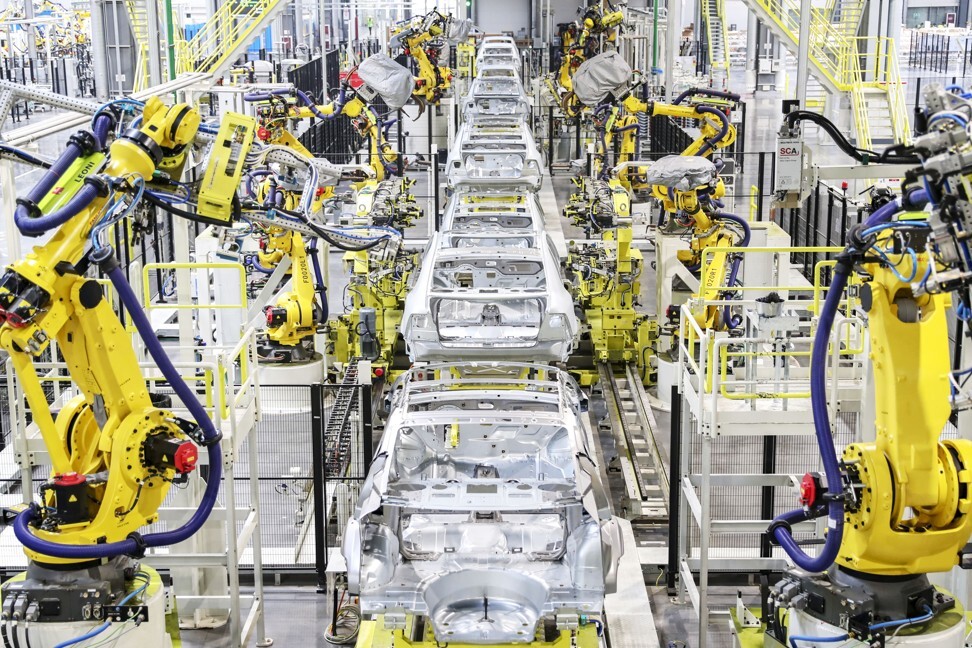
2021:
Chinese Estates owned 860 million Evergrande shares, and seven bonds sold by the company as of June, valued at HK$9.23 billion, or 27 per cent of the company’s total assets.
Chinese Estates reported HK$4.1 billion of unrealised loss on the fair value change in Evergrande’s stake in August, as it reported an interim loss of HK$35.5 billion in the first half. In 2020, the company’s paper loss from dabbling in Evergrande’s shares amounted to HK$5.76 billion.
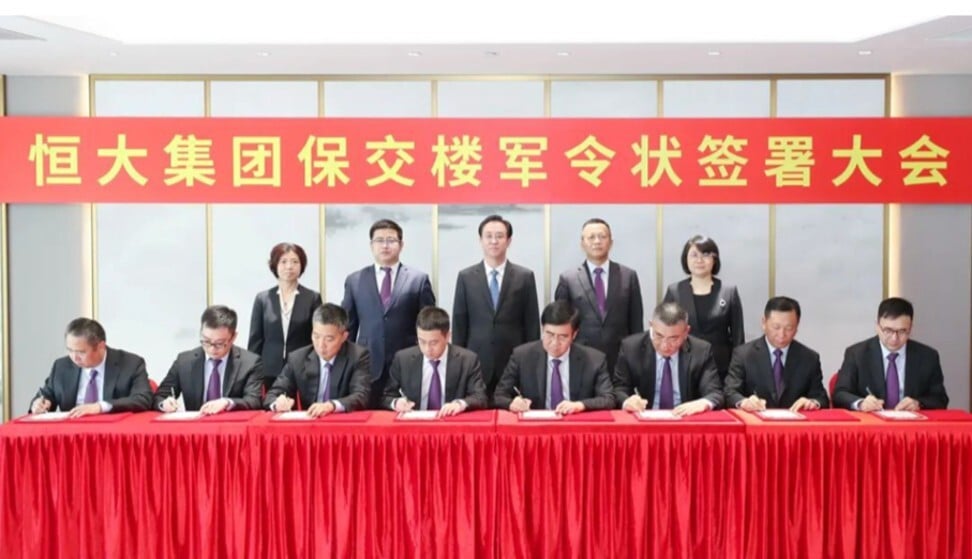
The slump in the company’s share price and the volume of their transactions have picked up since then, with the stock falling 62 per cent since July 27.

